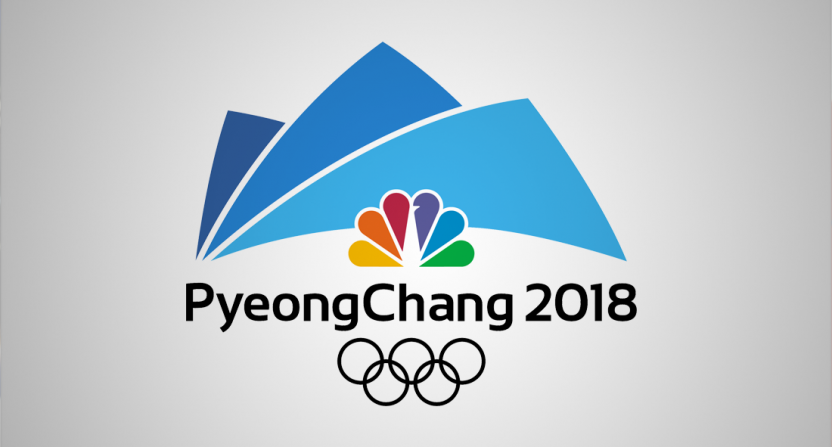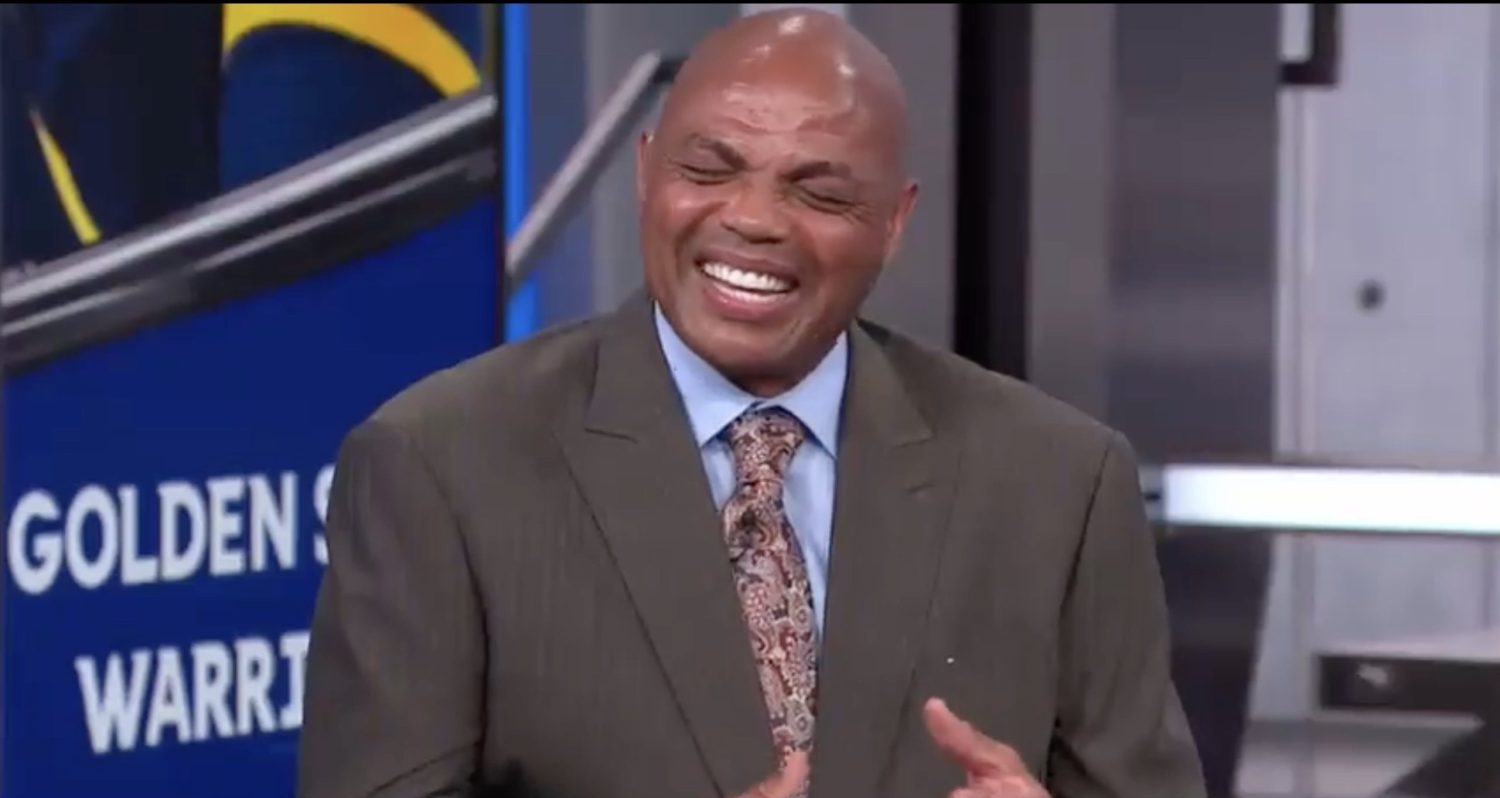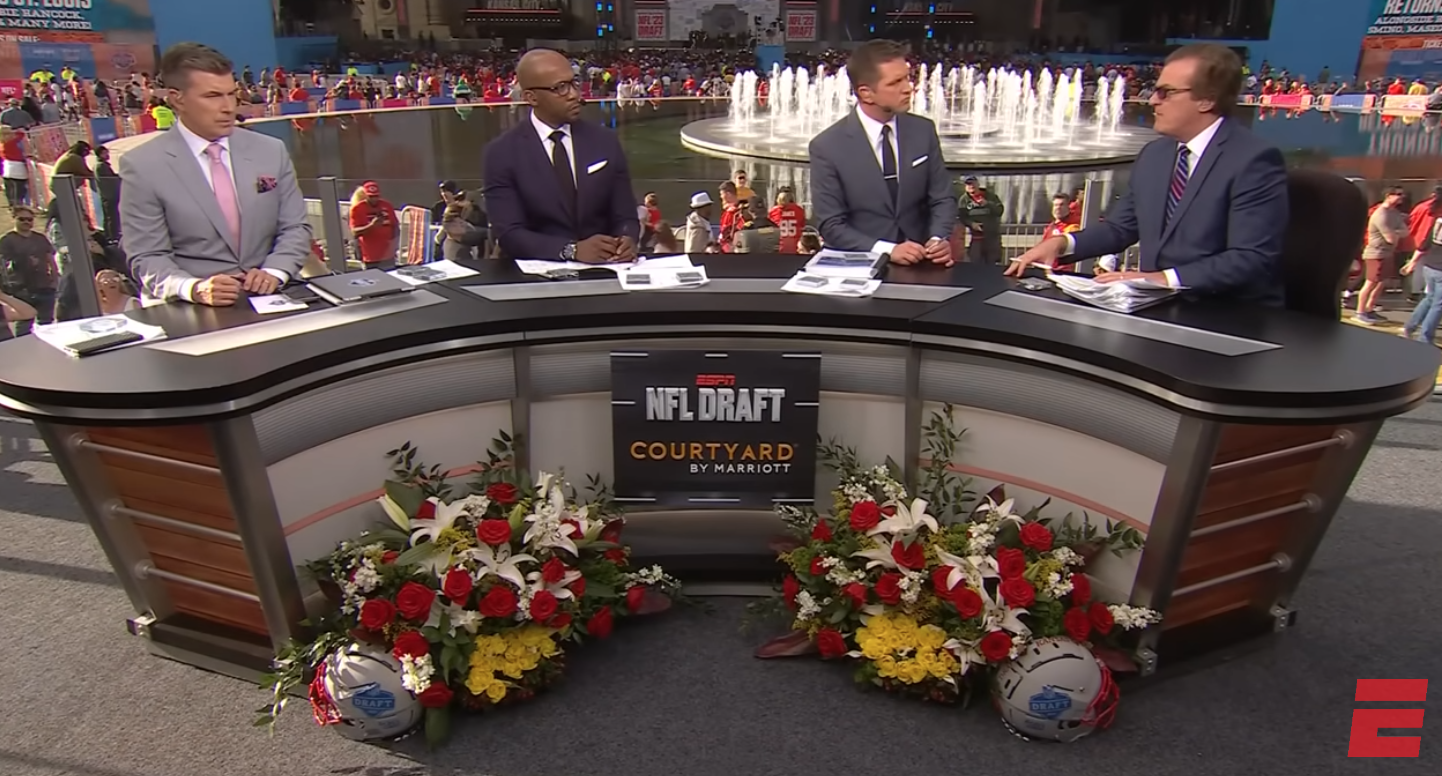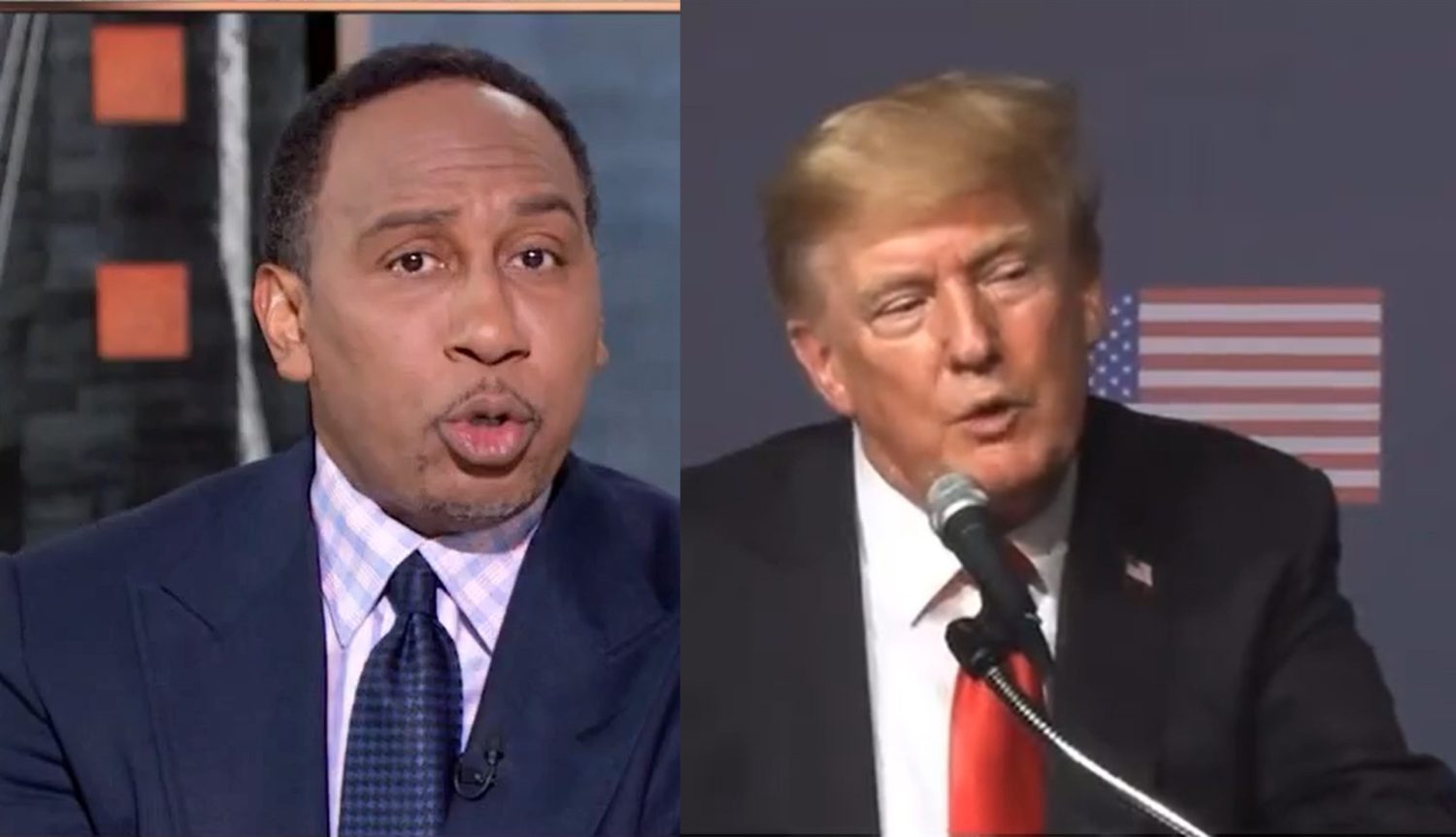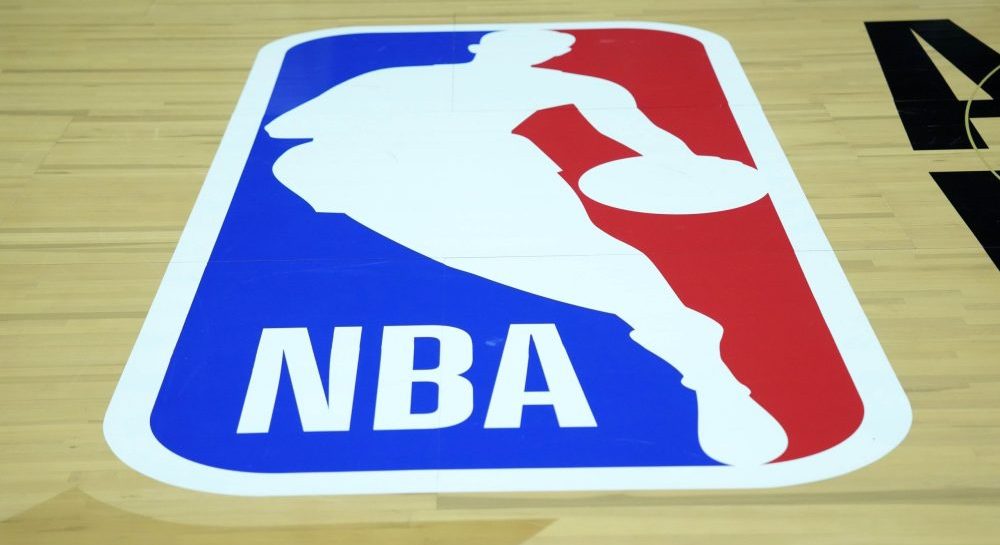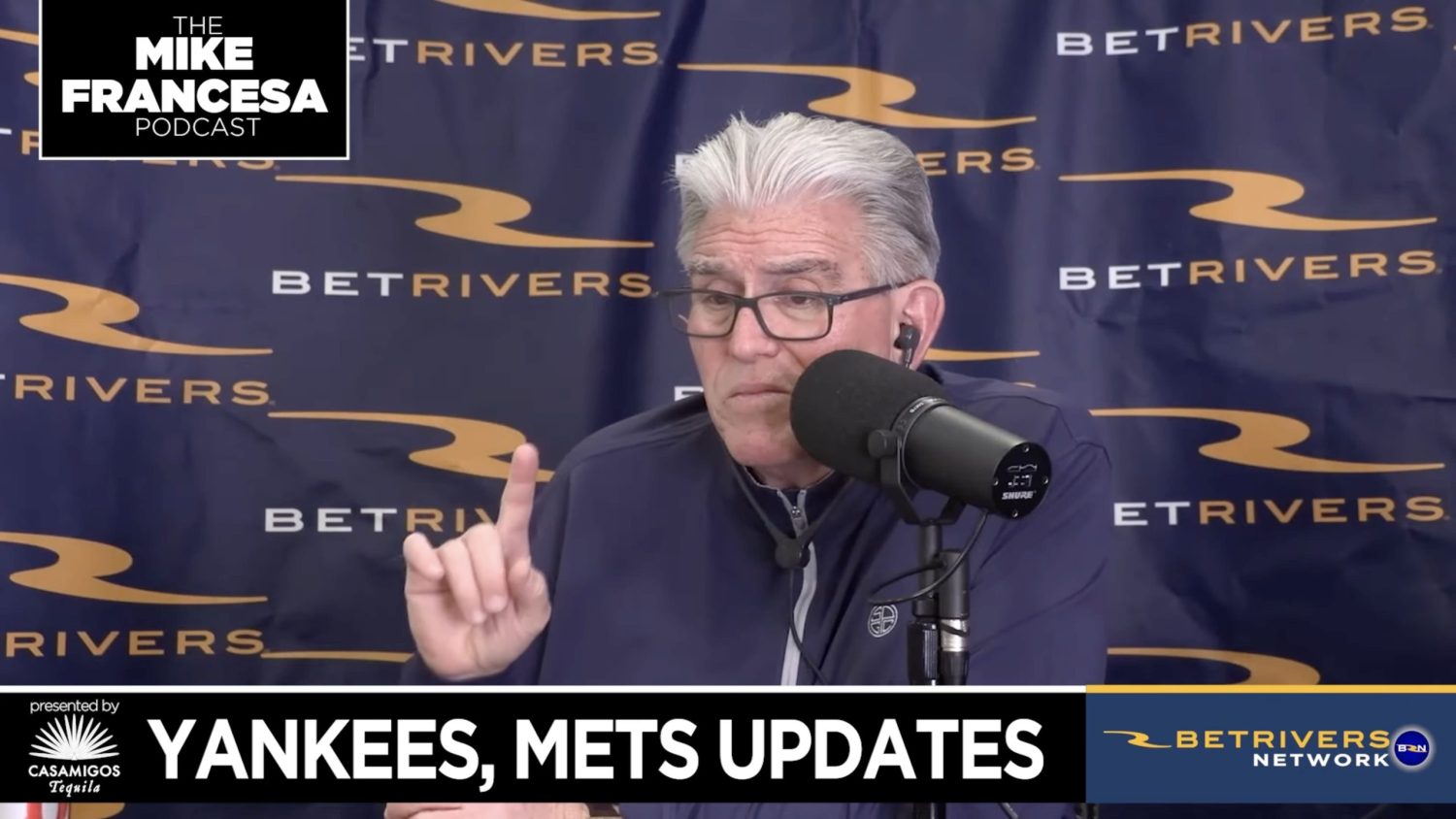Two of the biggest sporting events in America will air on NBC this February, and the network’s projecting they’ll make a significant amount from that. As per Variety‘s Brian Steinberg, NBC Sports executive Dan Lovinger told reporters Monday the company is expecting a “double-digit” revenue increase from the 2018 Winter Olympics in PyeongChang, South Korea, which means at least an $80 million bump over the estimated $800 million they earned during Sochi 2014.
And, despite worries about NFL ratings declines, they’ve already sold much of their Super Bowl LII inventory and are expecting to pull in around $350 million from that event:
The Comcast-owned company currently expects to snare around $350 million in ad revenue from the Super Bowl, said Dan Lovinger, executive vice president of ad sales for NBC Sports Group, and anticipates getting a revenue increase in the “low double digits” percentage range above the approximately $800 million it secured from its coverage of the Sochi Winter Olympics in 2014.
“Our marketplace is healthy,” said Lovinger, speaking with reporters Monday. He characterized sales for both events as “brisk,” and suggested NBC had only a “handful” of 30-second spots left in its Super Bowl inventory. “If an advertiser is interested in a premium position within the game, they really need to be in discussions with us,” he said. He said executives “are asking and getting north of $5 million” for 30-second spots in the game, and declined to discuss whether some individual sponsors may be paying less.
Now, $350 million would be a step down from what Fox made last year for Super Bowl LI, which reportedly was north of $400 million before the game went to overtime and near $500 million with overtime factored in. But that doesn’t necessarily mean the ads are cheaper; in fact, the Variety piece pegs the cost of 2016 ads at $4.8 million per 30-second slot, so if NBC is getting “north of $5 million,” that’s an improvement in ad rate.
The latest
The even more interesting element here may be the Olympic revenue projections, though. The PyeongChang Games aren’t necessarily more favorable than the Sochi Games from a location standpoint (13 hours ahead of Eastern Time versus seven hours ahead; that’s better for some things, but not across the board), and it’s significant that NBC is not promising increased ratings. In fact, Lovinger said their ratings guarantees may be even lower than the Sochi numbers:
The company has seen no diminishing of advertiser interest in the PyeongChang event despite recent unrest in that part of the world, said Lovinger. But he did suggest NBCU would likely lower its ratings guarantees that it makes to advertisers, a sign that other forms of media are luring consumers away from a linear TV broadcast. “We are probably guaranteeing somewhere in the neighborhood of where we finished our Sochi games, perhaps a tad lower,” he said.
But the Olympics are still a significant draw for advertisers, and NBC Universal has the advantage of having a massive amount of broadcast, cable and digital platforms to offer, allowing them to negotiate plenty of different packages. And beyond that, these numbers suggest that advertisers still want to be in on the big events, even if ratings aren’t going to keep rising indefinitely. That’s an important factor to consider in any discussion of sports ratings and ad sales; while sports ratings have hit some lulls and downturns, they’re still quite robust (for big events in particular) compared to much of the rest of the TV market. If these projections turn out to be true, it could be quite a good February for NBC’s bottom line.
[Variety]

